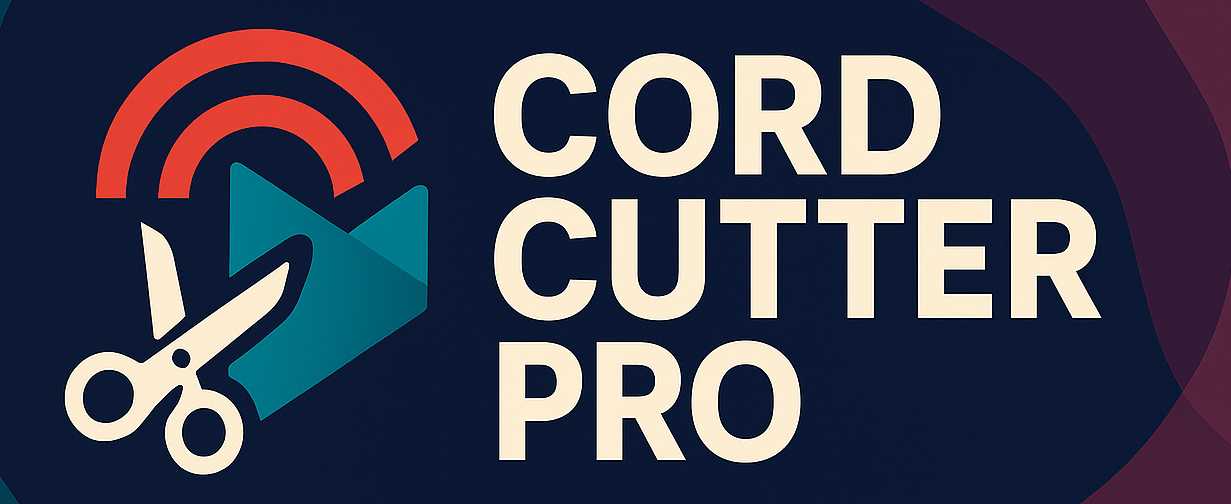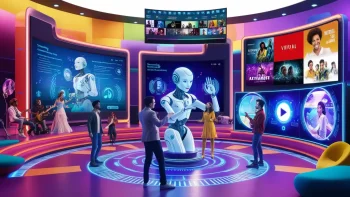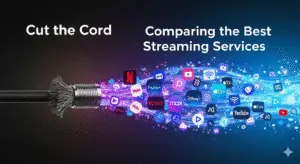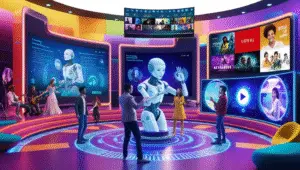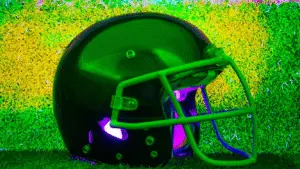In an era where technology evolves at breakneck speed, artificial intelligence (AI) is poised to disrupt the entertainment industry like never before. From blockbuster movies to chart-topping songs, AI’s encroachment raises alarms about job security, creativity, and the human essence of storytelling. As of 2025, AI isn’t just a tool—it’s a potential replacement for human talent, threatening livelihoods while promising efficiency.
Let’s start with movies. AI is revolutionizing special effects, enabling hyper-realistic CGI that once required armies of artists. Tools like generative AI can create stunning environments, creatures, and explosions with minimal human input, slashing production costs and timelines. But the real threat lies with actors. Deepfake technology and AI-generated avatars can mimic performers’ likenesses, voices, and mannerisms, allowing studios to “resurrect” deceased stars or fabricate scenes without on-set presence. Imagine a film where lead roles are played by digital doppelgangers—it’s already happening in experimental shorts, and experts predict mainstream adoption by 2030. This democratizes filmmaking, letting anyone with a smartphone produce content, but it undermines actors’ careers.
In music, AI’s impact is equally profound. Algorithms now compose melodies, generate lyrics, and even produce full tracks. Platforms like those using AI for song creation can churn out hits tailored to trends, flooding the market with synthetic tunes. Lyrics generators analyze vast datasets to craft emotionally resonant words, while AI vocal synthesizers replicate artists’ styles. Currently, AI assists in remixing or ideation, but by 2025, it’s saturating streaming services, making it hard for independent musicians to stand out. The future? Fully AI-orchestrated albums, with licensing battles over training data from human works intensifying.
Where is AI now? In 2025, it’s embedded in personalization—recommendation engines curate playlists and watchlists, boosting engagement. For content creation, AI handles scripting aids, editing, and localization, accelerating workflows. Expect growth toward hyper-personalized experiences: AI-tailored TV episodes that adapt plots based on viewer preferences, or virtual concerts with AI performers. By 2030, analysts foresee AI generating entire films or series, blending human oversight with autonomous creativity.
For TV shows, this means faster, cheaper production but diluted authenticity. Scripts co-written by AI could homogenize narratives, while visual effects teams shrink as machines take over. Actors face existential risks—why hire a cast when AI can simulate them? Industry workers, from writers to composers, grapple with obsolescence. The 2023 Hollywood strikes highlighted fears of job displacement; now, with AI advancing, unions demand protections against unauthorized likeness use. Yet, opportunities emerge: new roles in AI ethics, training models, or hybrid creation.
Ultimately, AI’s threat to entertainment isn’t just technological—it’s cultural. Will we lose the soul of art to algorithms? As the industry adapts, balancing innovation with human ingenuity is key. The spotlight is on us to shape a future where AI enhances, not erases, creativity.
